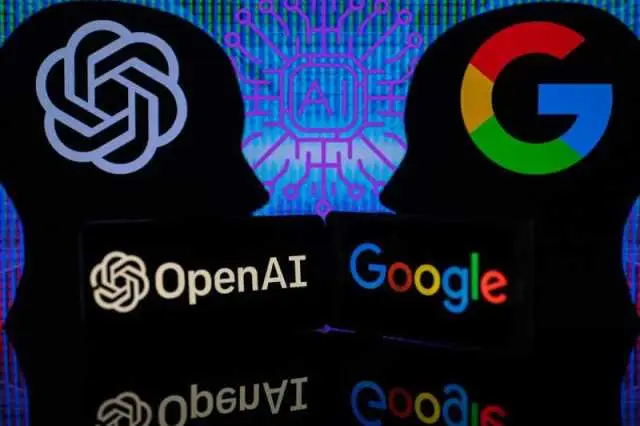On Wednesday (August 6), US President Trump announced a 100% tariff on semiconductors and chips, excluding companies manufactured or committed to manufacturing in the US.
On the same occasion, Apple CEO Tim Cook subsequently announced an additional investment in the US, increasing it from $500 billion to $600 billion. Trump stated that Apple would avoid the upcoming new semiconductor tariffs because it pledged to produce iPhone components in the US.
Wells Fargo suggests that Apple's additional $100 billion investment in the US is effectively intended to avoid tariffs. Wells Fargo analyst Aaron Rakers noted that the semiconductor tariff exemption for companies producing or investing in the US is a wise defensive move, effectively trading investment for tariff exemptions.
Wells Fargo therefore reiterated its overweight rating on Apple and maintained its price target of $245. By preemptively increasing its investment in the US, Apple may be able to protect its profit margins from the impact of the impending tariffs and reassure investors concerned about trade tensions.
The Bigger Problem
Although Apple has received some promises from Trump regarding tariffs, it doesn't mean it can escape unscathed. Cook noted that tariffs could cost Apple $1.1 billion this quarter.
On the other hand, analysts believe Apple faces a more significant challenge: lagging behind in artificial intelligence.
Gene Munster, managing partner at Deepwater Asset Management, suggests that tariffs may account for 20% of Apple's problems, changes in the regulatory environment may account for 25%, and the remaining 55% relates to how the company utilizes AI.
Runar Bjørhovde, a research analyst at market research firm Canalys, agrees that supply chain resilience should allow Apple to strategically adjust to any unexpected major changes.
About five years ago, to mitigate the impact of the COVID-19 pandemic on a single supply chain, Apple began shifting some production to India and Vietnam. While Trump announced a 50% tariff on India, smartphones will be exempted, a significant benefit for Apple.
From these perspectives, Apple's impact from US tariffs is quite limited, but the losses from lagging behind in AI are difficult to estimate.
Ted Mortonson, managing director and technology strategist at the financial services firm Baird, warned that Apple cannot risk letting the iPhone fall too far behind in AI capabilities, as that would simply create opportunities for Samsung, Google, and Qualcomm to take the lead.
Mortonson added that it's more important for investors for Apple to clarify what it plans to do after the iPhone 17, or to clearly declare that its next focus is AI.




